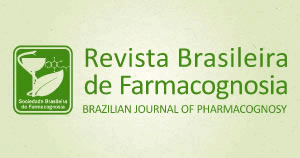The present study was made to investigate the protective effect of methanolic extract of Ficus benghalensis L., Moraceae, on isoniazid-rifampicin-induced hepatotoxicity in rats. Rats were divided into six different groups; group 1 served as a control, group 2 received isoniazid and rifampicin (100 mg/kg, i.p.), in sterile water, groups 3, 4 and 5 received 100, 200 & 300 mg/kg bw, p.o. methanolic extract of F. benghalensis and group 6 received Liv 52. All the treatment protocols followed 21 days and after rats were sacrificed blood and liver were used for biochemical and histological studies, respectively. Administration of isoniazid and rifampicin caused a significant elevation in the levels of liver marker enzymes (p<0.05 and p<0.01) and thiobarbituric acid reactive substances (p<0.001) in experimental rats. Administration of methanolic extracts of F. benghalensis significantly prevented isoniazid-rifampicin-induced elevation in the levels of serum diagnostic liver marker enzymes and TBARS level in experimental groups of rats. Morever, total protein and reduced glutathione levels were significantly (p<0.001) increased in treatment group. The effect of extract was compared with a standard drug, Liv 52. The changes in biochemical parameters were supported by histological profile. It is to be concluded that the methanolic extract of F. benghalensis protects against isoniazid and rifampicin-induced oxidative liver injury in rats.
Ficus benghalensis; hepatotoxicity; isoniazid; oxidative stress; rifampicin





